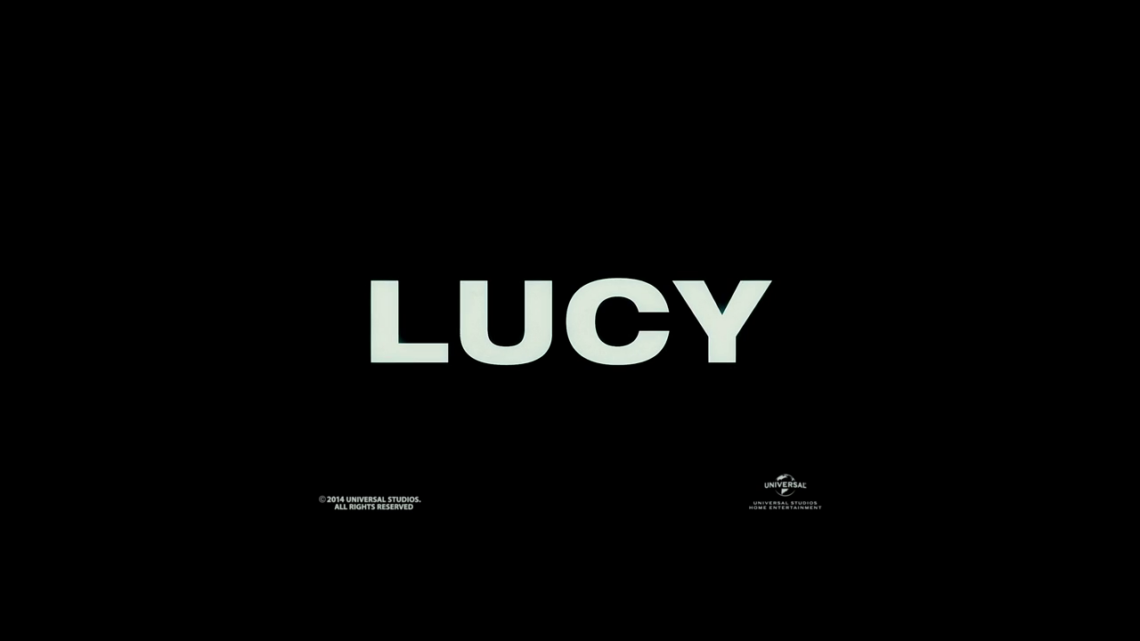
#627 – Lucy (2013)
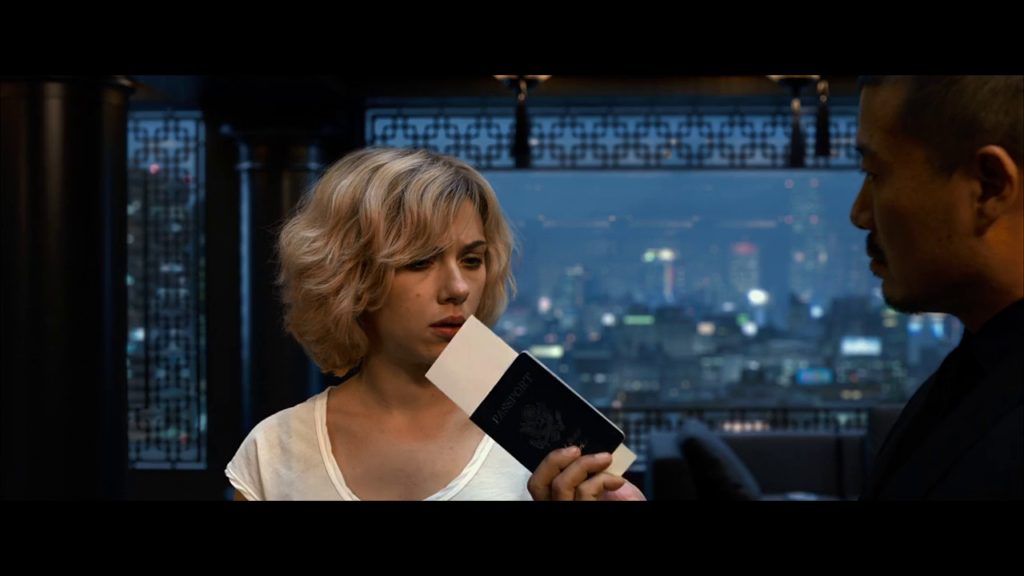

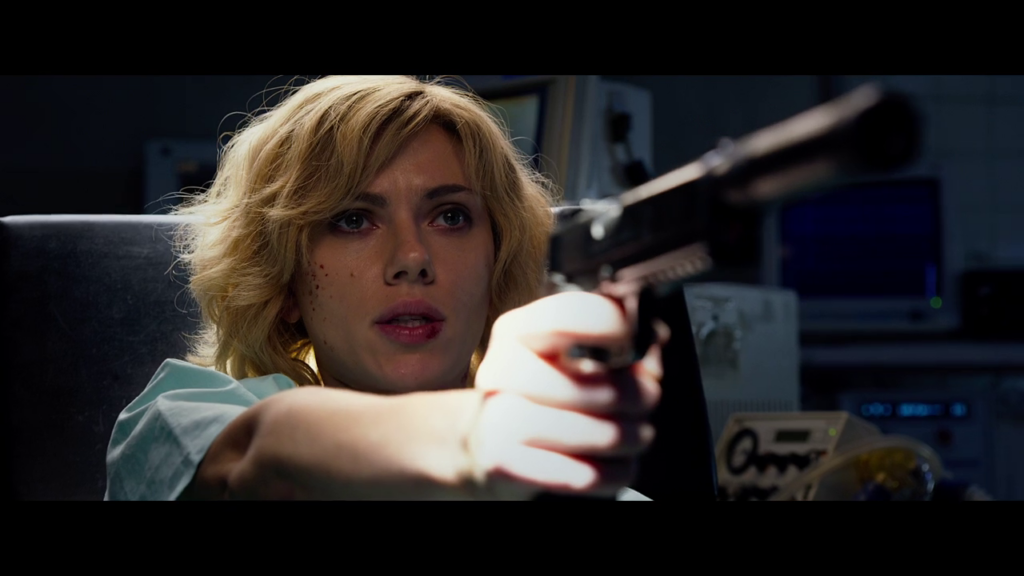
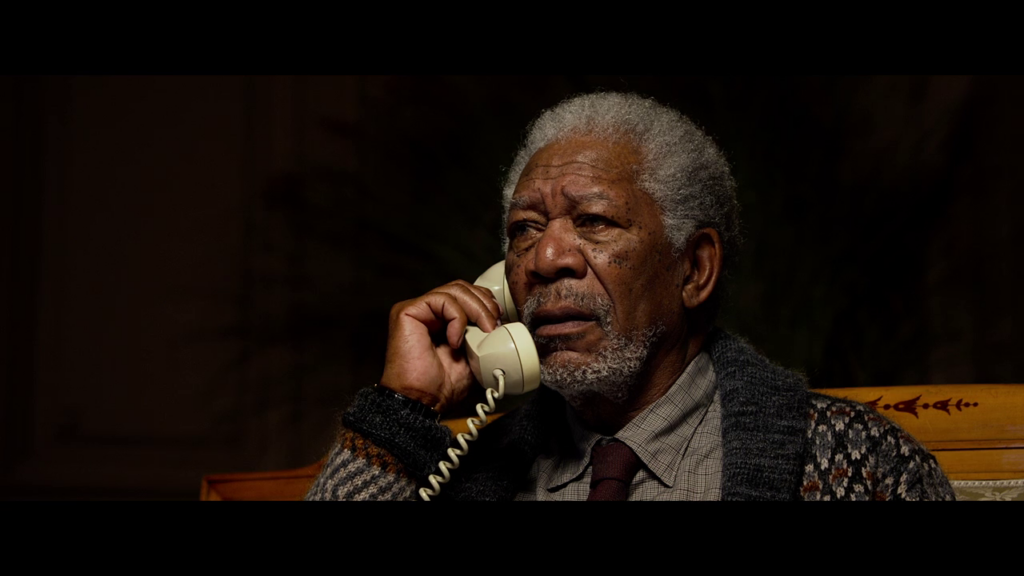
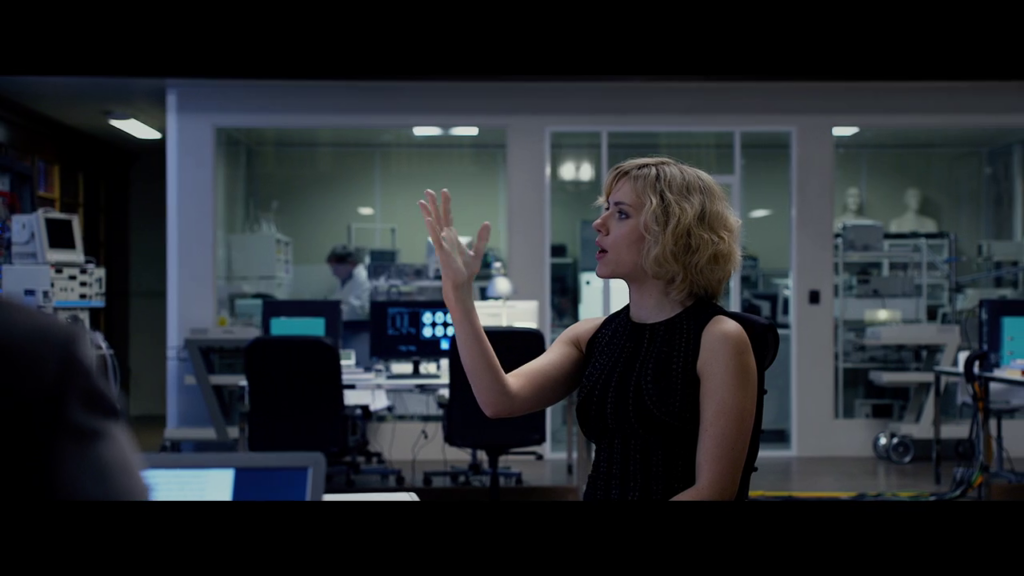
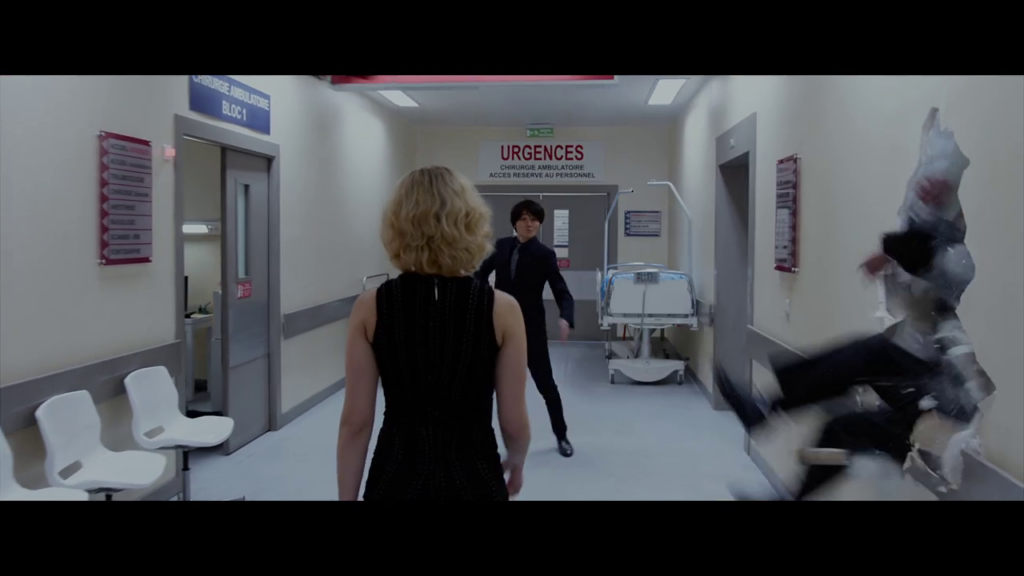
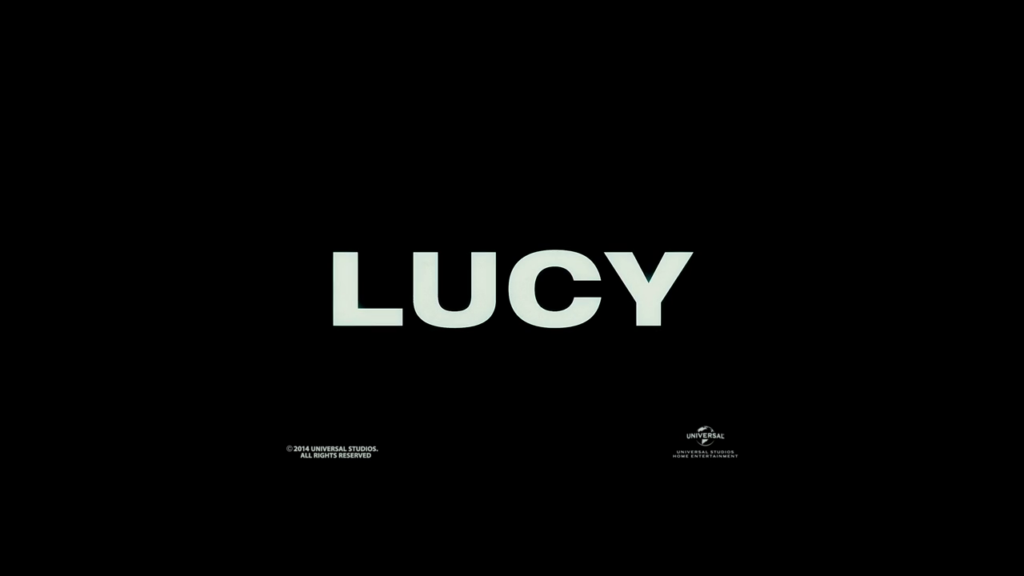

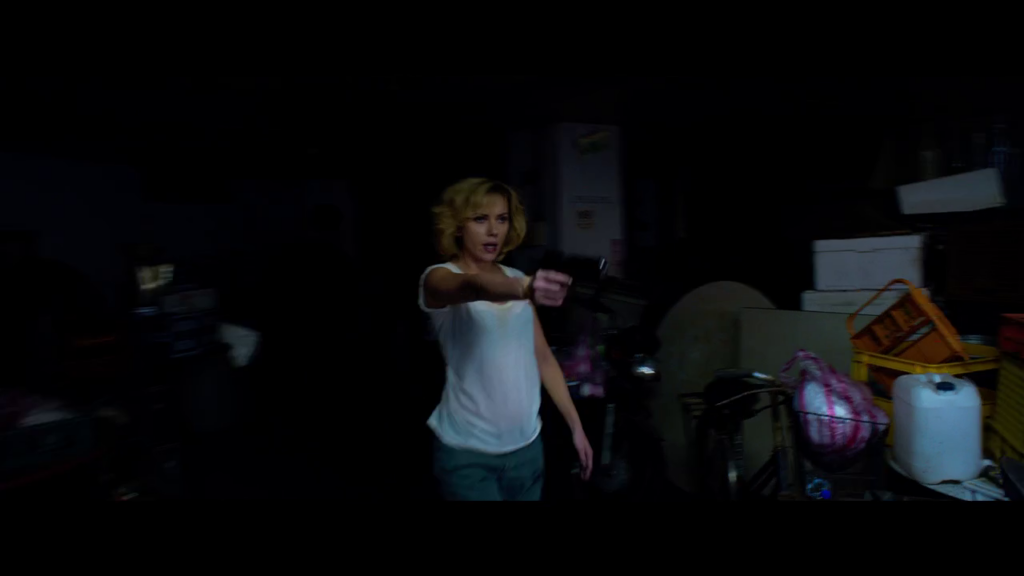
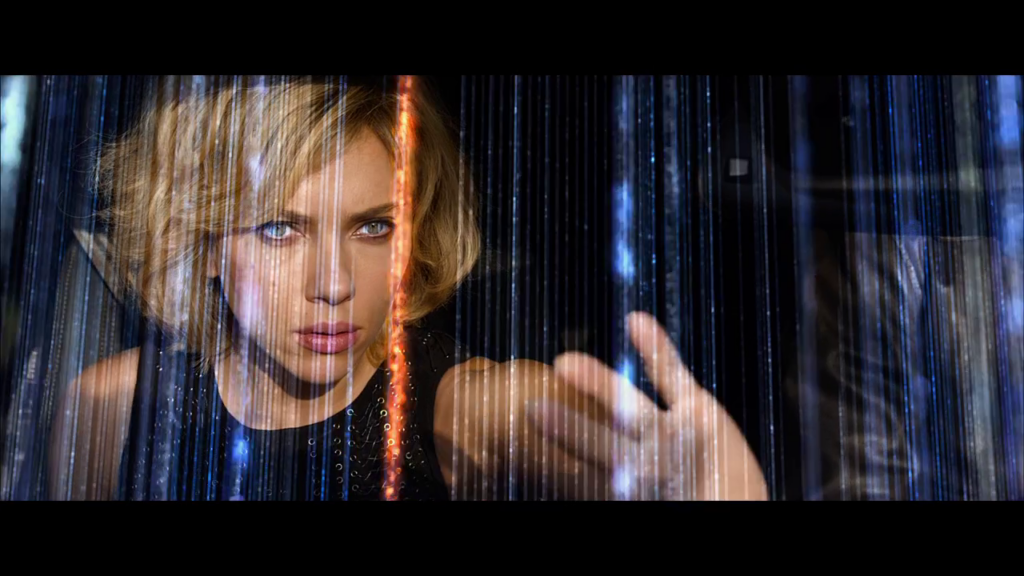
Lucy (2013)
Film review #627
Director: Luc Besson
SYNOPSIS: A young woman is tricked into delivering drugs for a organised crime ring. She has the drugs planted in her intestines to smuggle through the airport, but when the bag starts leaking, her body absorbs the experimental substance, giving her superhuman abilities. As her powers increase and her grip on reality fading, she reaches out to a Professor in the hopes of passing on her experiences before she transcends to whatever happens next…
THOUGHTS/ANALYSIS: Lucy is a 2013 sci-fi film. Lucy is given a briefcase full of experimental drugs to give to a Korean crime syndicate. Things quickly escalate as she is roped into smuggling a packet of drugs to Europe inside her intestines. When the package inside her starts leaking, her body starts absorbing the drugs, unlocking more of her brain power and slowly transcending human existence. She enlists the help of a university Professor to help her pass on her experiences before she unlocks one hundred percent of her brain and transcends her very existence. Blending action, philosophy, and a sprinkle of humour, Lucy achieves a finely balanced weave that viewers can ride on from beginning to end. I enjoyed this film for mainly two reasons: the aforementioned balancing of action, philosophy, suspense, humour and more that allows the film to hit the ground running and never stop. The second is that it’s short: clocking in at just over one and a half hours (about one hour and twenty four minutes excluding the credits), it does what it needs to do and is over. The film covers the philosophical ground of what it means to be human, but doesn’t have the big scenes of silence like 2001 or something similar to give us the space to reflect that. That’s not a bad thing though, it just offers us a different way of doing this kind of speculation.
The film revolves around the popular misconception that humans use only use ten percent of our brains, and speculates what would happen is we started to use more: as Lucy unlocks more of her brain power, she is able to control more and more things around her, including her appearance, matter, and so on. The film has a clear start and end point, and moves along fairly evenly, while still keeping things exciting. The action scenes are well choreographed, and while the premise of the film is based on the aforementioned urban myth about the use of the human brain, it still evokes enough wonder and speculation about what makes us human and purpose to sow the necessary philosophical seeds. The film bears the fingerprints of it’s director Luc Besson (The Fifth Element, Valerian and the City of A Thousand Planets), with colour, energy, and purpose in all the scenes, and Scarlett Johannsen portrays Lucy as both a human figure, who is slowly becoming something else entirely well. The more you think about the scie3ne behind the film, the less it really makes sense, but the philosophical ground is fairly sound. Lucy is a film that never overstays its welcome: it’s careful balancing of action, speculation, and humour does everything it needs to do with a sense of style, and makes it an entertaining ride from start to finish. Just a damn good ride really.

